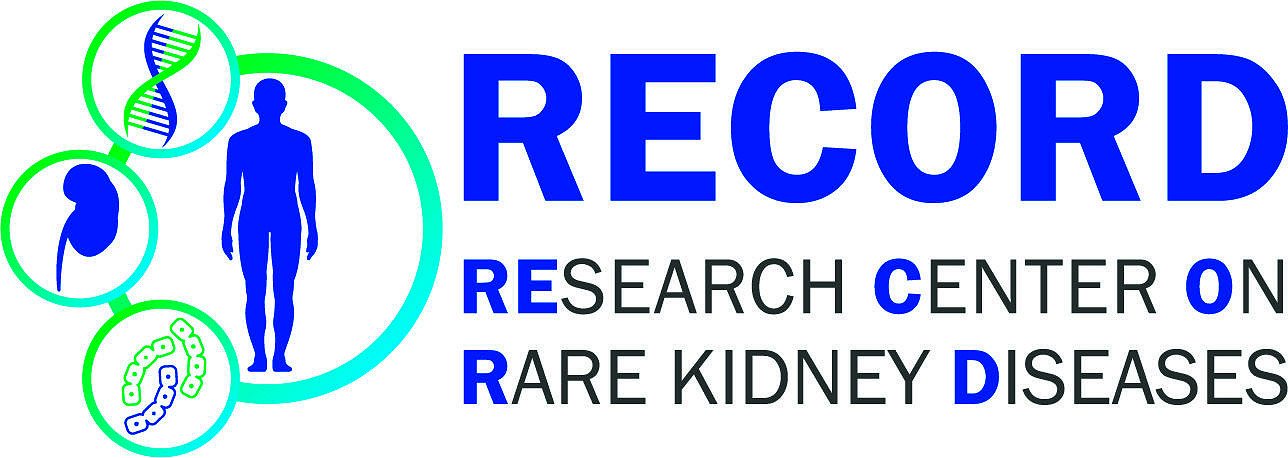 Risk Factors and Modifiers of Progressing Kidney Disease
Risk Factors and Modifiers of Progressing Kidney Disease
Wissenschaftliches Arbeitsprogramm (Abstract)
Although the understanding of kidney diseases has made remarkable progress, knowledge about risk factors, modifiers, and consequences of acute kidney injury (AKI) and chronic kidney disease (CKD) is still incomplete and concentrates on widespread diseases like diabetes, hypertension, or cardiovascular diseases. However, many kidney diseases are caused by rare medical conditions. Knowledge about these circumstances mostly derive from experimental data and specific clinical observations, but clinical studies on these populations are rare. Cohort studies have a great potential in closing this gap by investigating clinical risk factors and modifiers for common as well as rare kidney diseases.
This project aims to examine risk factors, modifiers, and the long-term trajectory of kidney diseases within large population-based studies. A specific interest of this undertaking is to elaborate new and rare factors influencing this trajectory as well as to intensify our knowledge on known kidney diseases. Importantly, the setting of large population-based studies allows to create sub-cohorts for a detailed investigation of rare kidney diseases such as minimal change glomerulopathy or focal segmental glomerulosclerosis – a key aspect of this undertaking. Also, we will focus on the kidney sequalae of the coronavirus disaes-19 (COVID-19) and its consequences including rare but important long-term kidney effects. To realize these aims, we have access to data from nationwide Danish patient registries (P-2021-189), health insurance data (WF-022/21) as well as data on specific retrospective patient cohorts such as COVID-19 patients treated at the UKE (WF-052/20). Further, we are member of the prospective population-based Hamburg City Health cohort study (HCHS) allowing a detailed analysis of kidney diseases. The HCHS recently implemented a whole genome sequencing which also enables the investigation of rare genetic variations in the trajectory of kidney diseases.
We are deeply convinced that this project will help to identify and understand new and rare influencing factors in the cascade of progressing kidney disease.
